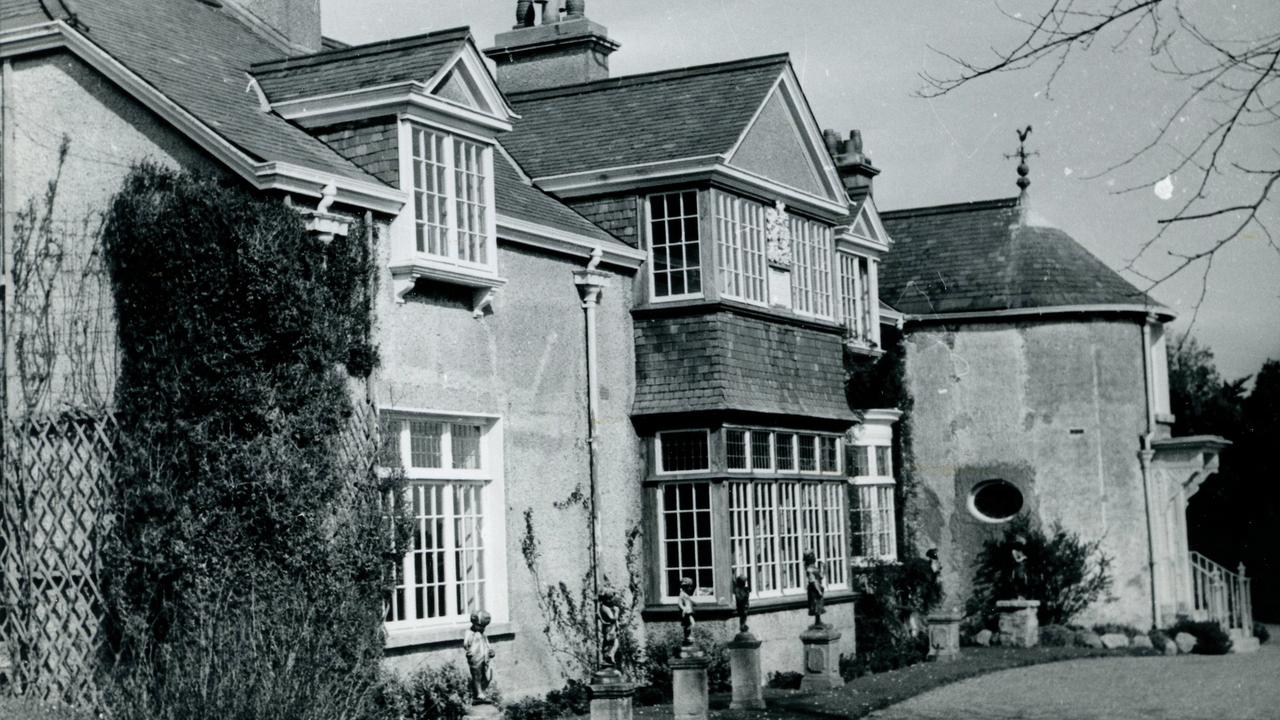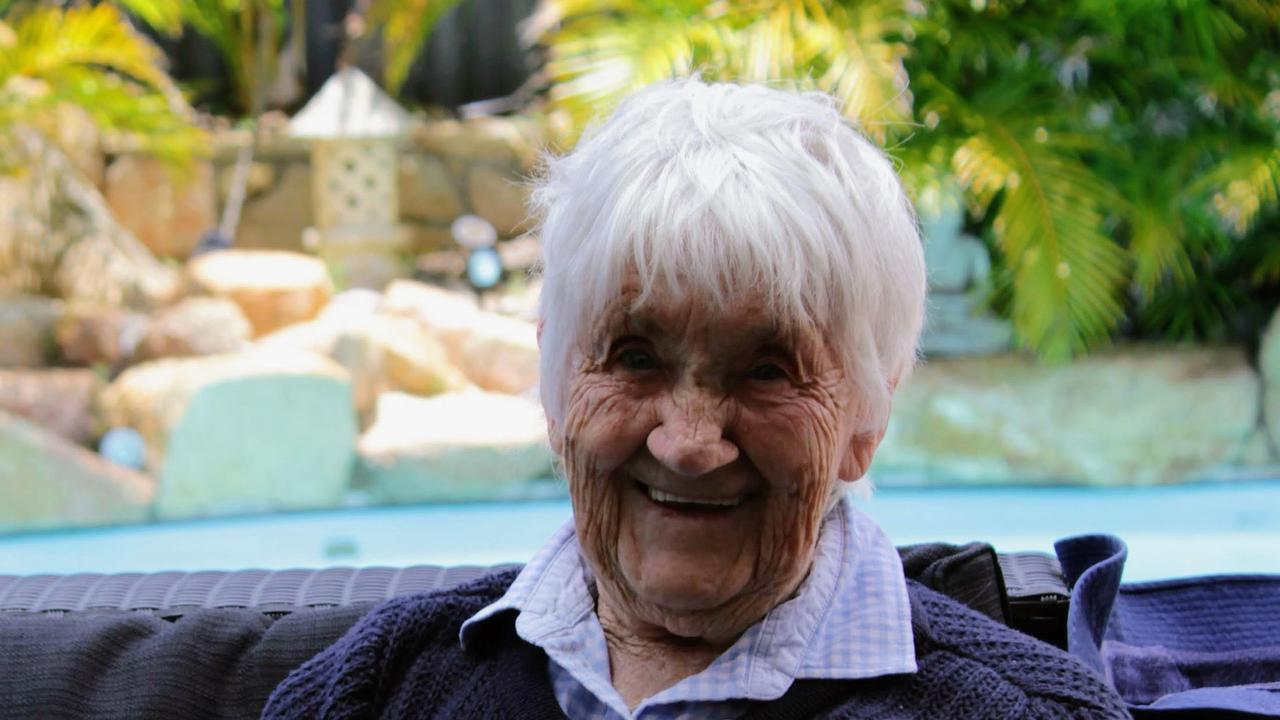Comedy of manners exposes England's hidden sexual history
PHILIP Larkin famously suggested that sex began in 1963, "between the end of the Chatterley ban and the Beatles' first LP",
WHEN Philip Larkin famously suggested that sex began in 1963, "between the end of the Chatterley ban and the Beatles' first LP", he was referring to the heterosexual kind.
Gay men had to wait until 1967, when the Sexual Offences Act was passed and Michael Holroyd's life of Lytton Strachey was published.
The legislative effort decriminalised sex between consenting adults of the same gender in Britain, but it was Holroyd's 1967 biography and its revelations that exploded the carefully constructed edifice of Edwardian masculinity inherited by post-war generations.
Alan Hollinghurst's fifth novel is an ambitious fictional re-creation of the hidden history of English social and sexual life during the past century, disguised as a droll comedy of manners.
It opens with an account of a country house weekend in the months leading up to the Great War, when a young Cambridge poet on the fringes of Strachey's circle composes a poem that becomes an anthology piece, lodged firmly in the culture's imagination, memorised by schoolboys and picked over by academics.
Like Vinteuil's sonata in Proust's endless work, the poem's stanzas become the recurring motif of a narrative that traces dramatic shifts in a complex society through time.
The result is a polished and often beautiful novel, tough-minded yet elegiac, that confirms Hollinghurst's place at the beating heart of contemporary English lit.
The sad joke of the poem, called Two Acres, is that it was begun for a man - a private composition, jauntily obscene - but completed with all due sonority and decorum for that man's sister.
Cecil Valance, to give the poet his name, moves seamlessly from a torrid affair with George Sawle to a heady flirtation with George's attractive and star-struck sister Daphne. Cecil asks to marry her before long, just as he is leaving for France and the conflict that will kill him and countless others.
Rich, attractive, talented Cecil - heir to a baronetcy and 1200ha of Berkshire - soon hardens into myth. He is commemorated as a soldier-poet in the style of Rupert Brooke, cast in marble effigy for his family chapel. Yet his lovers are obliged to live messily on as the poet's reputation waxes and wanes with the years.
Daphne responds to her loss by marrying Sir Dudley, Cecil's handsome, sottish and brutal younger brother, another writer scribbling bitterly in his brother's shadow. He extracts a heavy price from Daphne in making her Lady Valance, mistress of an ugly Victorian pile. Meanwhile her brother George's despair leads him to marry a dreary bluestocking and embark on an academic career.
When we next meet the cast it is at Corley Court, the Valance's family seat, for a drunken dinner party in the 1920s. When the curtain rises again we are in 1967 - that crucial year - when Paul Bryant, a lower-middle class bank teller of literary bent and homosexual inclination, finds himself in the garden of his manager's house, helping the man's brusque and rather grand wife with gardening chores.
This is Daphne's daughter, in middle age. He will soon meet the thrice-married, hard-drinking matriarch and briefly enter the family's charmed, if much-reduced, world.
Hollinghurst shows great cunning in breaking the narrative into a series of intensely observed but otherwise temporally discrete tableaus.
The decision generates a suspense and allows what was a gradual evolution in Anglo mores to be seen for what it is: a collapse in the fortunes of a class that had ruled Britain for centuries, accompanied by that revolution in sexual matters so neatly delineated by Larkin.
As readers move closer to the present, however, the past, which had seemed to definitively recede in the face of such changes, returns with force.
The now elderly Sawle children survive into the golden age of English biography inaugurated by Holroyd's startling work. It is a period in which competing memoirs of those, like them, on the edge of the Bloomsbury circle, are supplemented by large-scale warts-and-all biographies by younger scholars.
Only now can the true story of the Valances and the Sawles be told, it seems, and the hidden history of that famous poem recovered.
Though the author is not necessarily a partisan for openness. Hollinghurst's idol is Henry James, and he toils mightily to achieve something of that master's antennae for the codes of behaviour that govern closed groups.
Who else would think to describe Daphne's Victorian-era mother in 1915 as "wide-hipped and corseted . . . the gathered back of the dress twitched like the memory of a bustle"? And who today would have the patience and talent to achieve a style so smooth, confident, light and poetically exact as to become a prose equivalent to the lordly milieu it describes:
He listened to the silence, the chapel silence, with its faint penumbra of excluded sounds -- birdsong, periodic rattle of the distant mower, soft thumps that were less the wind on the roof than the pulse in his ear.
There is nothing simpering about this attention: the author also reserves the full, furious glare of his social satire for the great and the good. He retains always a sense of being an outsider - a pose and an attitude inextricably linked to his own openly expressed homosexuality - and writes best about those who share something of this oblique social status.
Though his early novels made a fetish of erotic exposure, the relative reticence of The Stranger's Child suggests a mature insight: to be gay or grand is to belong to a secret society. Shadowing the welcome change of attitudes towards homosexuality or the democratic levelling of older inequalities is a sense of mourning for the loss of that distinguishing difference.
Geordie Williamson is The Australian's chief literary critic.
The Stranger's Child
By Alan Hollinghurst
Picador, 564pp, $32.99



